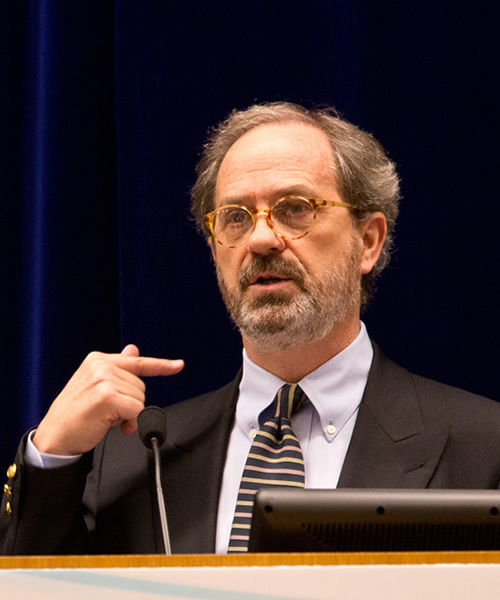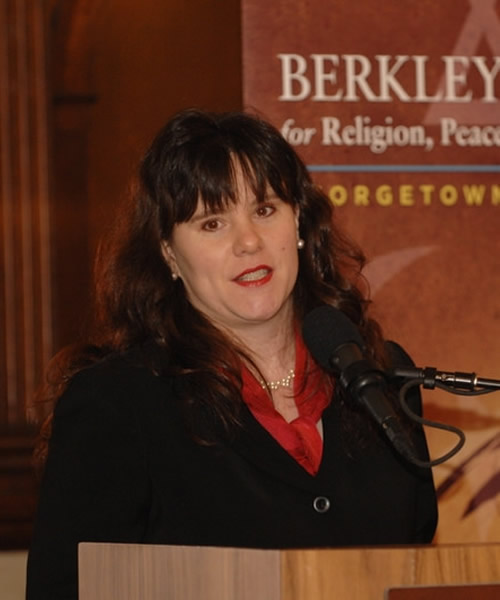Why Religious Freedom? The Origins and Promise of US International Religious Freedom Policy
Why Religious Freedom? The Origins and Promise of US International Religious Freedom Policy Video Player
Monday, February 25, 2008
Location:
Copley Hall Copley Formal Lounge Map
This event was the first in a series of three symposia on religious freedom on the occasion of the tenth anniversary of the International Religious Freedom (IRF) Act of 1998, which mandated the promotion of religious liberty around the world as an element of U.S. foreign policy. This first symposium addressed the origins of U.S. IRF policy in both domestic politics and international developments. Subsequent symposia, held in April and October 2008, discussed the development of that policy to date and its possible future directions. The seminar series was supported by the Luce/SFS Program on Religion and International Affairs and the Institute for Global Engagement.
This seminar series was co-sponsored by the Berkley Center for Religion, Peace, and World Affairs; Council for America's First Freedom; Council on Foreign Relations; Ethics and Public Policy Center; Human Rights Watch; International Center for Law and Religion Studies at Brigham Young University; Leonard Greenberg Center for the Study of Religion in Public Life; and the Religious Liberties Practice Group of the Federalist Society.
SCHEDULE
The Debate Over the International Religious Freedom Act of 1998 | Michael Cromartie, Jeremy Gunn, Laura Bryant Hanford, Allen Hertzke, Nina Shea
The Social, Economic, and Political Impact of Religious Liberty Worldwide | Jose Casanova, Brian Grim, Thomas Farr, Daniel Philpott
International Perspectives: China, Russia, and Central Europe | Lauren Homer, Liu Peng, Robert T. Smith, Viktor Yelensky
Discover similar content through these related topics and regions.
Image Gallery
Image Gallery
/1

Why Religious Freedom? The Origins and Promise of US International Religious Freedom Policy
Participants
Related Publication
Report December 1, 2008








